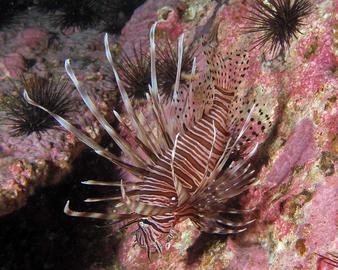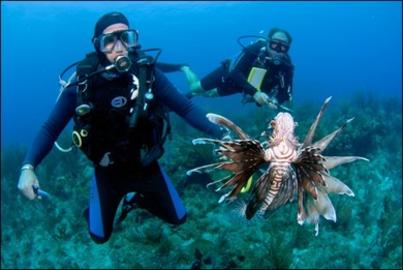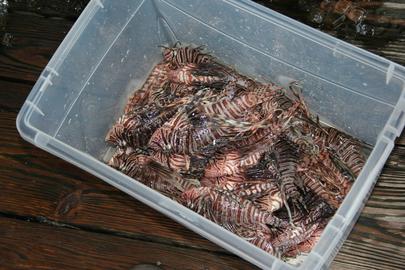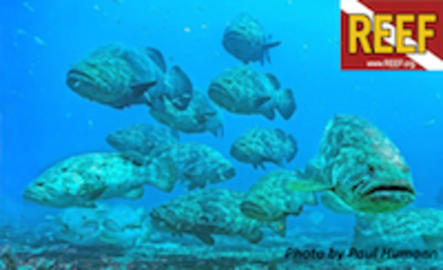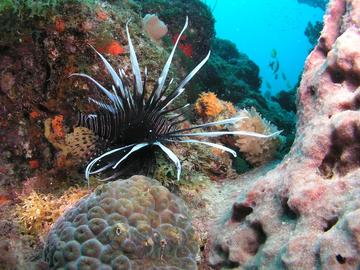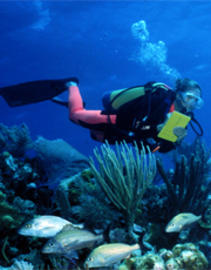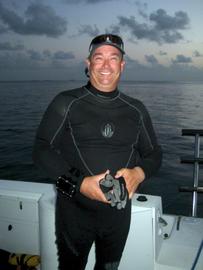$2,620 per person double occupancy. Includes: lodging for 7 nights onboard the Aqua Cat luxury liveaboard in an ocean view cabin, all meals and drinks, up to 5 dives per day for 6 days and 2 dives on the last day of diving, and r/t ground transportation from Nassau Airport.
+$200 REEF Program Fee per diver will be added to each package to cover the cost of the group leader, seminar and survey materials.

